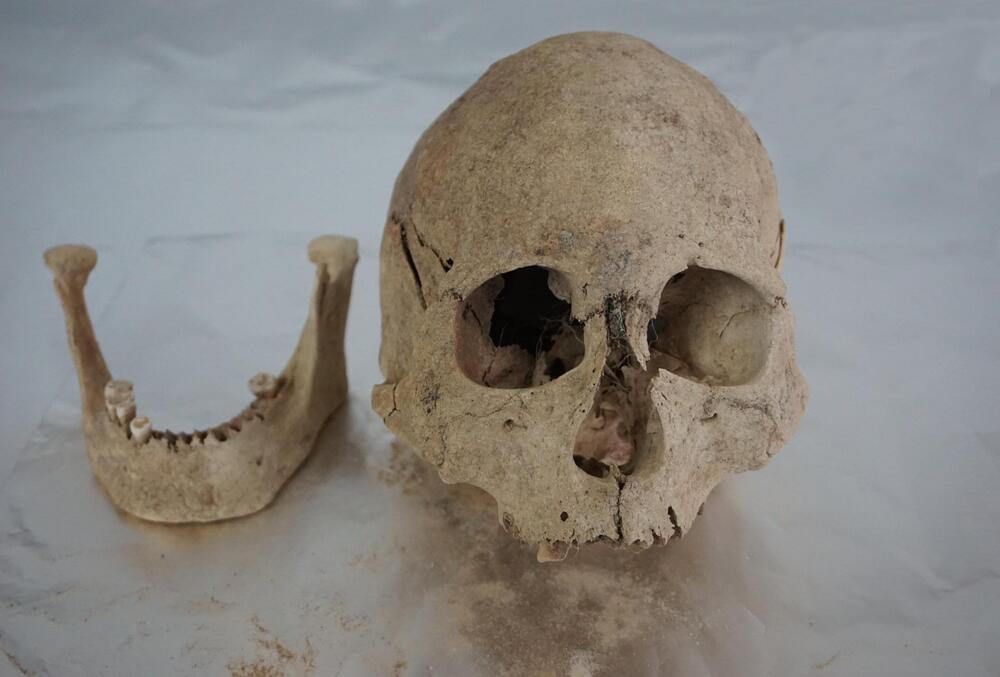The Tibetan Plateau, the highest and largest plateau above sea level, is one of the harshest environments settled by humans. It has a cold and arid environment and its elevation often surpasses 4,000 meters above sea level (masl). The plateau covers a wide expanse of Asia—approximately 2.5 million square kilometers—and is home to over 7 million people, primarily belonging to the Tibetan and Sherpa ethnic groups.
However, our understanding of their origins and history on the plateau is patchy. Despite a rich archaeological context spanning the plateau, sampling of DNA from ancient humans has been limited to a thin slice of the southwestern plateau in the Himalayas.
Now, a study published in Science Advances led by Prof. Fu Qiaomei from the Institute of Vertebrate Paleontology and Paleoanthropology (IVPP) of the Chinese Academy of Sciences has filled this gap by sequencing the genomes of 89 ancient humans dating back to 5,100 BP from 29 archaeological sites spanning the Tibetan Plateau.









Comments are closed.